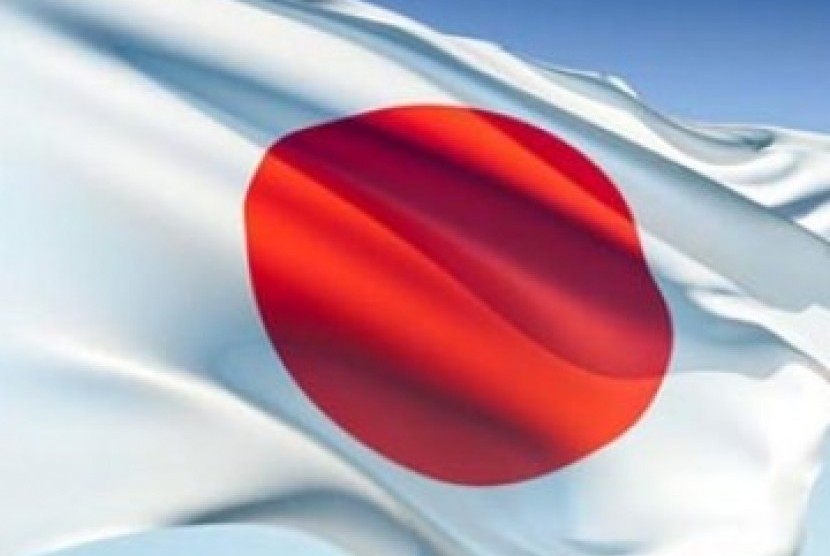REPUBLIKA.CO.ID, JAKARTA -- The Maritime Forum that will be established by the Indonesian and Japanese governments should be maximized to realize the concept of transforming the nation into the world maritime axis.
"(The Indonesian-Japanese Maritime Forum) should be maximized to support the world maritime axis vision," General Secretary of the People's Coalition for Fisheries Justice (KIARA), Abdul Halim, said here on Tuesday.
Halim affirmed that Japan was interested in establishing the Maritime Forum because some 70 percent of the supply of energy resources in Japan pass through Indonesian sea territory.
Moreover, the Indonesian government has committed to accelerating infrastructure development, especially in various fields related to the maritime sector.
"The government is expediting the development of water resources infrastructure, including maritime resources," Public Works and Public Housing Minister Basuki Hadimuljono stated.
So the government is speeding up the development of infrastructure to improve productivity, efficiency, and the national logistics system to strengthen the nation's competitiveness in the international level.
Earlier, the governments of the two countries had agreed to review the Indonesia-Japan Economic Partnership Agreement (IJ-EPA) to derive mutual benefits, according to a press release from the Ministry of Foreign Affairs received by Antara here on Tuesday.
The review of the IJ-EPA was agreed during a bilateral meeting between President Joko Widodo and Japanese Prime Minster Shinzoe Abe.
The review aims to balance the bilateral trade between the countries.
Japan is Indonesia's third-largest trading partner, with trade value reaching US$40.2 billion in 2014.
The bilateral meeting also approved discussions on the renegotiation of the Double Taxation Avoidance Agreement.
In terms of investment, Japan is the second-largest investor in Indonesia, with its investment valued at US$2.7 billion in 2014.
In the context of investment, President Joko Widodo delivered a development plan in Indonesia, particularly in relation to infrastructure.
The president stressed that there were several opportunities for Japanese investors to invest in various sectors in Indonesia, such as power plants, the construction of 24 ports, the manufacture and repair of highways, the construction of 15 new airports and the renovation of the old airports, the construction of the Mass Rapid Transport (MRT) system in metropolitan cities and major cities in Indonesia, and the development of special economic zones outside the Java island.
Both the president and prime minister welcomed the plan of establishing ties in the development of the MRT system in Jakarta, as well as the Java-Sumatra train line and transmission interconnection projects.
The leaders also launched the Indonesia-Japan Export and Investment Promotion Initiative to boost trade and promote cooperation.
With regard to maritime cooperation, Indonesia and Japan have agreed to form a maritime cooperation forum, particularly to discuss maritime security, maritime infrastructure (marine highway program), and to improve field work and the fishing industry.
These are in line with the Indonesian government's efforts to realize the vision of a maritime axis.


